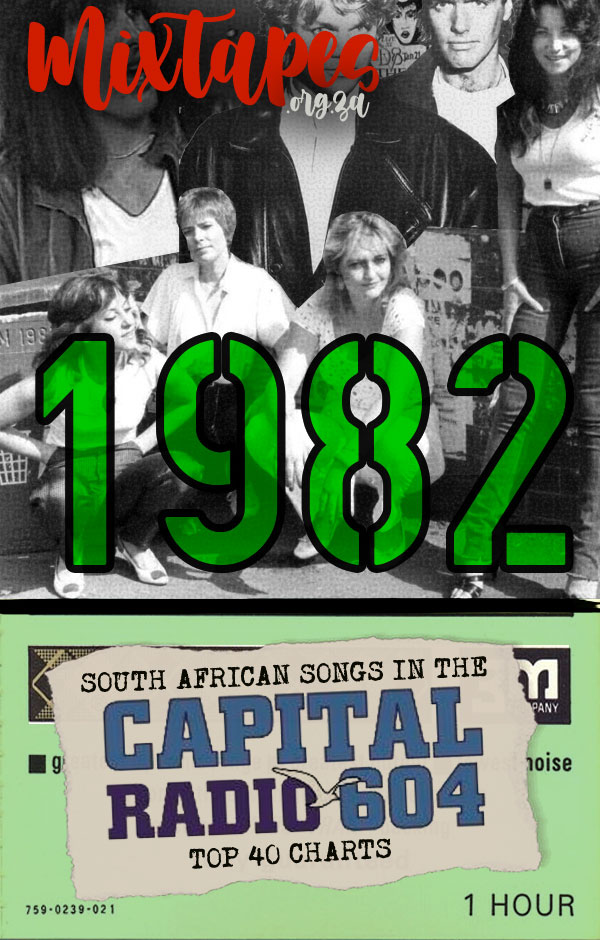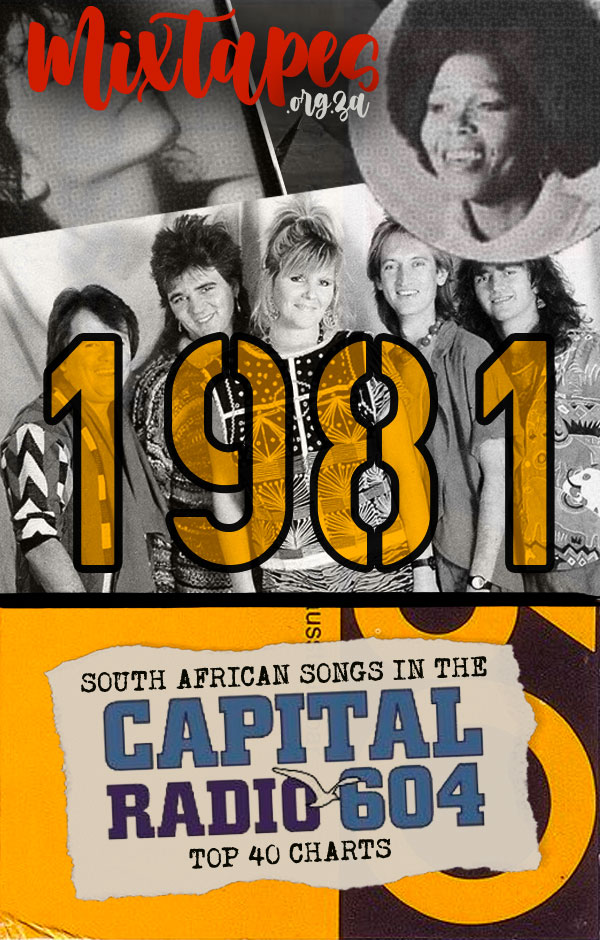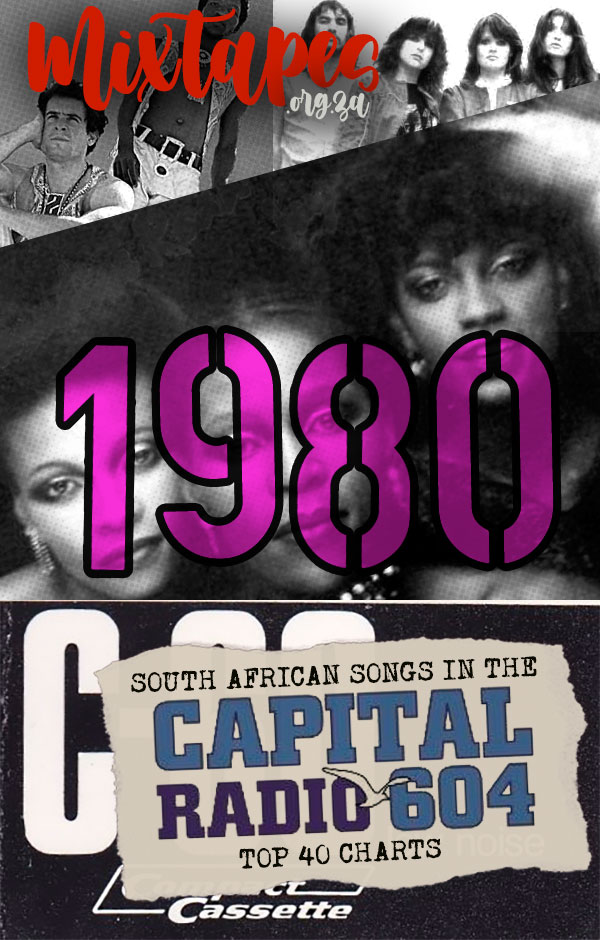
Capital Radio began 1982 continuing to broadcast from the idyllic Port St Johns but with plans in place to move to Milpark in Johannesburg. This they did programme by programme so that gradually more slots were broadcast from Johannesburg and fewer from Port St Johns until the move had taken place in totality. While some listeners hankered after Capital broadcasting from the mystical Port St Johns, the deejays were mostly relieved to be back in the fast lane and urban civilization. Still, it was the end to the original dream, of a maverick station operating from the margins of apartheid South Africa.
The move to Johannesburg did not affect Capital’s eclectic choice of South African music, from debut singles by Angie Peach and the Insisters to the more established crossover sounds of Steve Kekana and Juluka. They also followed some trends, like promoting Bolland’s “You’re in the army now”, a song which the SADF were quick to pounce on and for years to come, play through loudspeakers on sports fields where new recruits handed themselves over. And as if an escape from that hell, John Ireland wistfully groaned about syrup apricot and cream and Hotline covered the Beatles’ “Help”. That was what we heard on Capital in 1982, this accumulating soundtrack to our lives.
There might be a few raised eyebrows at the inclusion of Bolland and Cindy Dickinson in this week’s Mixtape of South African music. We decided to broaden the criteria out of fondness for Port Elizabeth, which is where the Bolland brothers grew up before pursuing a successful music career in Holland. In the words of another Capital countdown song in 1982, by Juluka, they qualify as scatterlings of Africa. And although Cindy Dickson was British and started her career there, it was only when she moved to South Africa that she fully launched her career as recording artist in her own right, initially as a solo artist and then as part of two groups, Syndicate and People Like Us. In the process she established herself as a South African musician.
Of the most successful South Africans songs on the Capital countdown in 1982, Steve Kekana’s “The Bushman” spent one week in the number 1 spot, Bolland’s “You’re in the army now” peaked at number 5, where it spent two weeks, John Ireland’s “I like” reached number 7 where it stayed for two weeks and Juluka’s “Scatterlings of Africa” peaked at number 10.
This mixtape plays from number 13 through to the number 1 South African song of the year as per performance on the Capital Radio weekly countdowns. If you want to see the play listing prior to listening to the countdown you can view the order of the songs in this week’s poll below.
Show Playlist + Poll–



